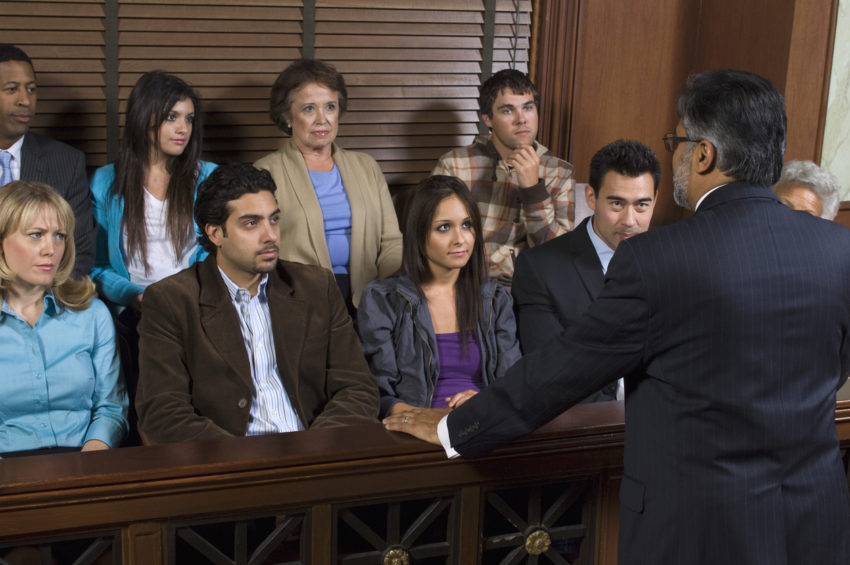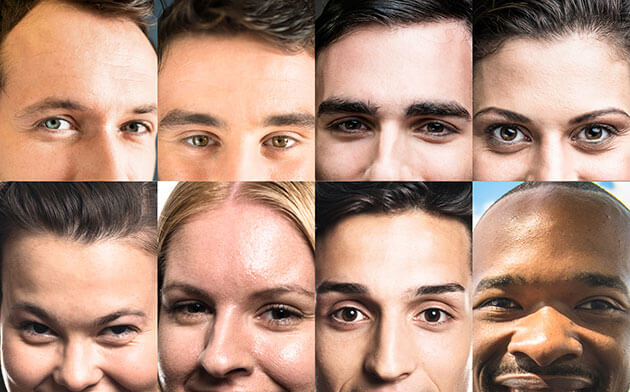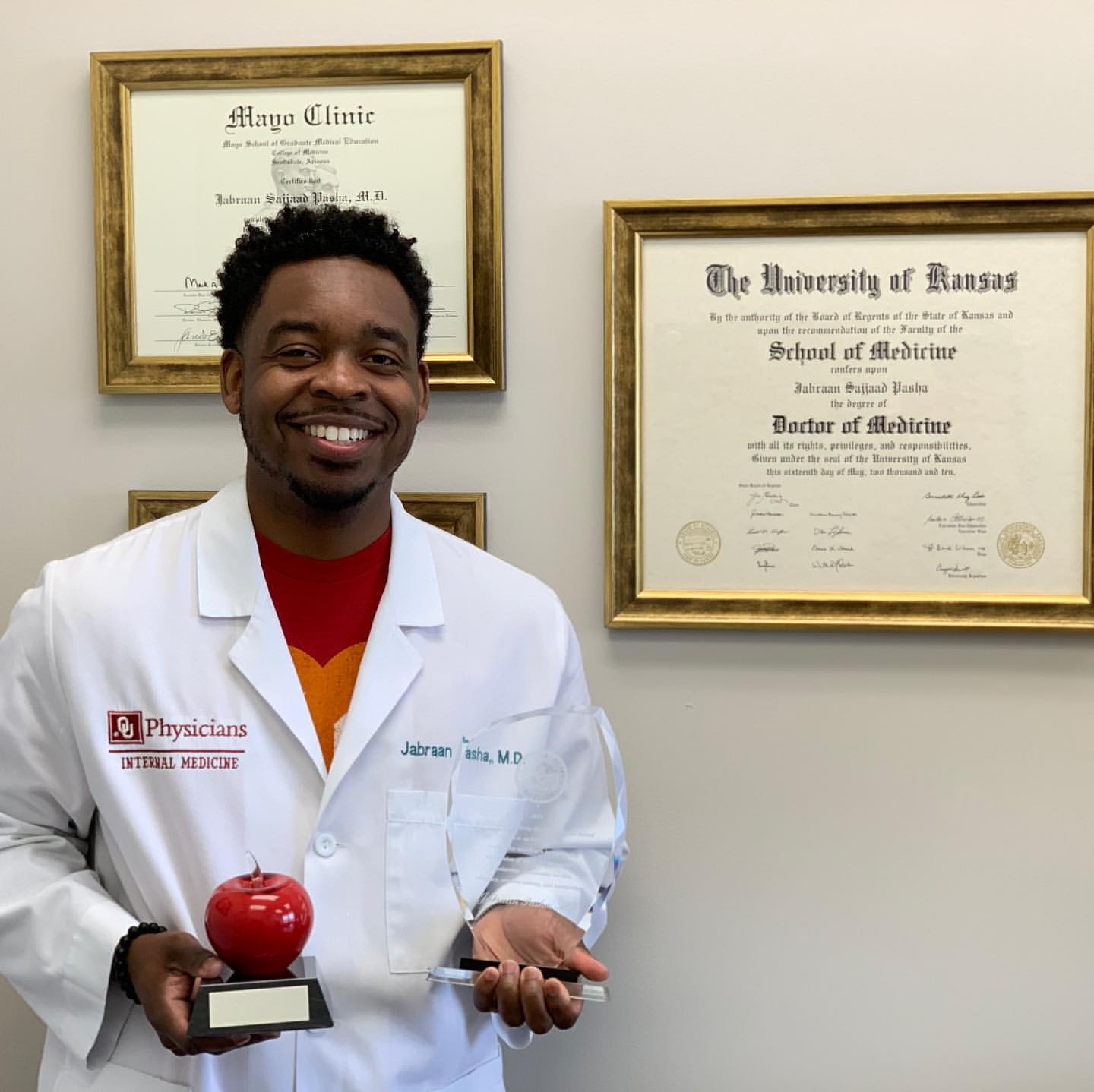
Share On Social!
Implicit bias against Latinos is jeopardizing the fairness of the U.S. criminal justice system, says a recent report.
Latinos already comprise 53% of those charged with federal crimes.
Now the fate of those defendants is increasingly complicated by the “behavior of defense attorneys, prosecutors, judges, jurors, and probation and pre-trial service officers through implicit racial bias and racial stereotyping,” according to Walter Gonçalves, a federal public defender in Arizona.
Implicit bias can affect juries, bail, and sentencing.
“Given this reality, defense attorneys should carefully study and become familiar with racial stereotyping and implicit bias. Only in this way will they be able to educate others in the system,” Gonçalves writes in a report published in Seattle Journal for Social Justice.
What Is Implicit Bias?
Implicit bias is the attitudes or stereotypes that subconsciously affect our understanding and decisions.
Everyone is susceptible to implicit bias.
 This can lead to favorable and unfavorable assumptions.
This can lead to favorable and unfavorable assumptions.
Many studies have shown that physicians—especially white physicians—have implicit, subconscious preferences for white patients over those of color.
“Residing deep in the subconscious, these biases are different from known biases that individuals may choose to conceal for social and/or political correctness,” according to the Kirwan Institute. “Rather, implicit biases are not accessible through introspection.”
How Is Implicit Bias Impacting Criminal Justice?
In his report, Gonçalves said he realized implicit bias was increasingly hindering his efforts to defend clients in the Arizona county superior support system.
But his colleagues rarely discussed race issues.
Moreover, they did not employ tactics to make race salient in practice, writes Andrea Cipriano, who covered Gonçalves’ report for The Crime Report.
“Implicit bias and racial stereotypes have real-life outcomes on bail, jury deliberations, sentencing, and other parts of the criminal justice process,” Gonçalves writes.
How Can Defense Attorneys Deal with Their Own Implicit Bias?
Attorneys must first make a change in themselves.
Research challenges “indigent defense offices to change their internal culture through hiring practices, training, and accountability policies,” Gonçalves wrote.
 Also, attorneys should get to know their clients better.
Also, attorneys should get to know their clients better.
They should “treat each client individually.” Get positive details about their life to create a “meaningful story of innocence of mitigation.” Use character witnesses to “blunt the impact of racial bias.”
“Being open and conscious of race at the start of a trial and throughout will enable attorneys to confront stereotypes that would otherwise harm their clients,” Cipriano writes of Gonçalves.
How Can Defense Attorneys Help Others’ Deal with Implicit Bias?
Once attorneys are aware of implicit bias, they can help others gain awareness.
Gonçalves wrote “empirical research shows that explicitly discussing race during trials and pre-trial hearings reduces reliance on stereotypes.”
He offered some tips to do just that:
- Make jurors aware they may be subject to implicit bias. An attorney could “request that they jury imagine a different criminal case in which the accused is potentially a white person, and to ask them to see if that makes them reevaluate their thoughts about the defendant,” Cipriano writes about Gonçalves’ report.
- Openly cite implicit bias research. According to Cipriano, they could mention that “people are more likely to perceive a given ambiguous action as aggressive and dangerous when performed by an African American compared to a white person.”
- Have the judge read a prepared statement on implicit bias prevalence in the pre-trial jury instructions, Cipriano reports.
“The most effective response is for defense attorneys to directly confront juries and judges with evidence showing their clients are victims of such bias,” Cipriano writes about Gonçalves’ report. “Even if such a defense ends up being ruled inadmissible.”
What Can You Do about Implicit Bias?
Implicit bias has severe consequences for Latinos and other peoples of color.
Fortunately, we have the power to overcome this issue.
Seek training or help put an end to microaggressions. In the healthcare field, teach cultural competencies and cultivate more doctors of color to help produce better outcomes for Latino patients.

Check out stories of people who are overcoming biases:
- Dr. Rogelio Saenz overcome implicit bias growing up and in his career. He became a well-respected UT San Antonio researcher using data and demographics to set up social justice solutions.
- Dr. Jabraan Pasha created a training workshop to spread awareness of implicit bias in healthcare.
- Kelly Capatosto and the Kirwan Institute are doing significant research and training on implicit bias.
You also can “rewire” your own implicit bias toward more compassion for others.
Download the free Salud America! “Find Out If You Have Implicit Bias and What to Do Next” Action Pack. This will guide you to see if you have implicit bias, learn from others who have overcome their own implicit bias, and encourage others to learn about implicit bias, too.
The Action Pack was created by Dr. Amelie G. Ramirez, director of Salud America! at UT Health San Antonio.
Explore More:
Overcoming Harmful BiasesBy The Numbers
3
Big Excuses
people use to justify discriminatory behavior



